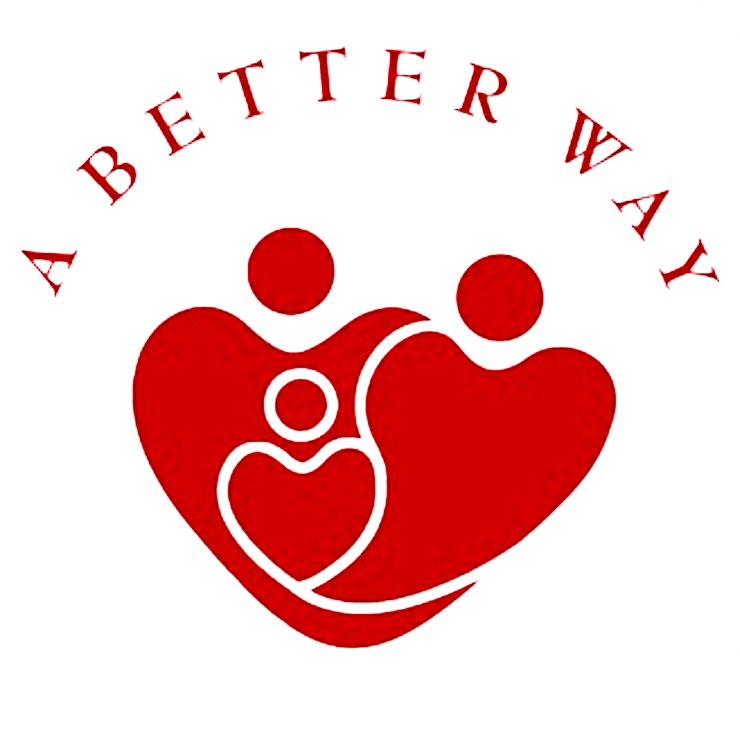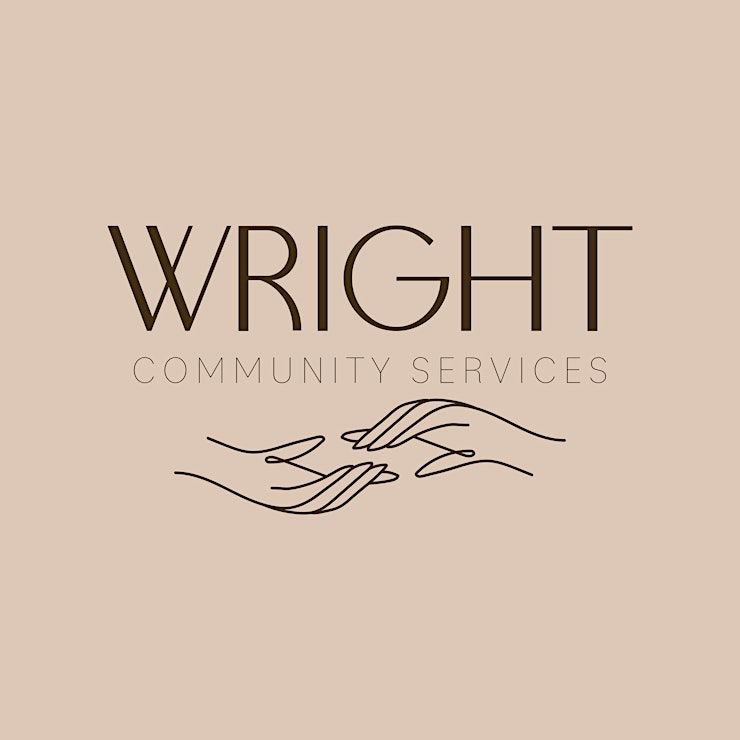Juvenile Justice: Supporting System-Involved Youth and Families
Schedule
Wed Mar 12 2025 at 09:15 am to 12:15 pm
UTC-07:00Location
Online | Online, 0

About this Event
Trainer: Dr. Marya Wright, DSW, MSW
Date: March 12, 2025
Time: 9:15am - 12:15pm
Location: Virtual – Zoom
Agency: A Better Way Inc.
Participants must complete registration via the A Better Way Inc. website in order to gain full access to the training course.
COMPLETE REGISTRATION HERE:
A Better Way is approved by the California Association of Marriage and Family Therapists to sponsor Continuing Education for LCSW, LMFT, LPCC, LEP (62361). This course meets the qualifications for Continuing Education credit for LMFTs, LCSWs, LPCCs, and/or LEPs as required by the California Board of Behavioral Sciences. A Better Way maintains responsibility for this program/course and its content.
Please email the training department at [email protected] for further assistance.
This course provides professionals working with system-involved youth and families with an understanding of the juvenile justice system and how to support youth and families who are involved in the system. Participants will gain knowledge of the laws, policies, and procedures that govern the juvenile justice system, and learn best practices for working with system-involved youth and families. We will use vignettes, group discussion, breakout rooms, and handouts to discuss the history of the juvenile justice system, explore possible interventions, and practice skills for working with youth and families impacted by the juvenile justice system.
Participants will be able to discuss the skills and information obtained in the course in supervision to create a plan of implementation in their work with system-involved youth.
Participants will be able to utilize practical skills and strategies with current and future clients impacted by the juvenile justice system as soon as clinically appropriate.
1.) By the end of the course, participants will be able to list and explain three key components of the juvenile justice system. 2.) Participants will demonstrate their understanding of best practices for working with system-involved youth and families by developing a comprehensive support plan for a hypothetical case scenario. 3.) Participants will identify and describe three strategies for promoting cultural competence in the juvenile justice system, as evidenced by their written reflection on their own biases and cultural awareness. 4.) Participants will gain a comprehensive understanding of the laws, policies, and procedures that govern the juvenile justice system. 5.) Participants will develop practical skills and strategies to effectively support and engage with system-involved youth and families.



Where is it happening?
OnlineUSD 0.00



















